detail profile alfredo castro
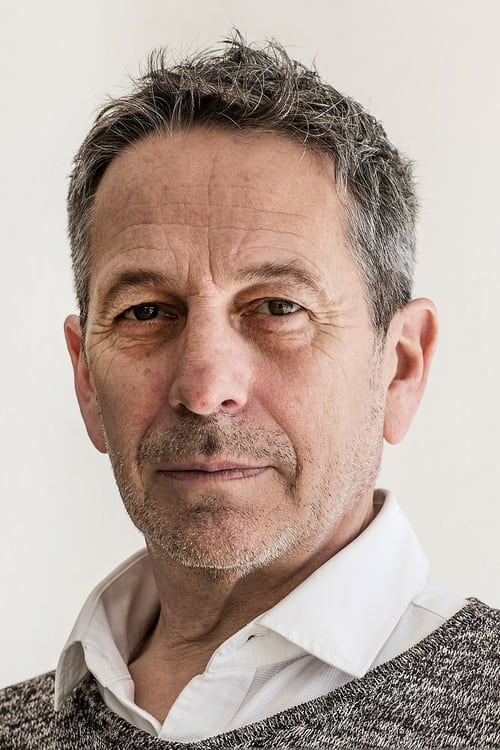
Riwayat Hidup
Alfredo Castro Gómez (Santiago, 19 de diciembre de 1955) is a Chilean actor.
He holds a Bachelor of Arts degree in Theatre Acting from Universidad de Chile.
Presently, he works as a theatre director, actor, pedagogue, playwright, and founder of Teatro La Memoria, a theatre company that marks a milestone in the history of contemporary Chilean theatre.
In 2006, the company founded the Centro de Investigación Teatral (Center for Theatrical Investigation) and the Sala de Teatro: Teatro La Memoria (anintimate 100-seat playhouse).
As an actor and screenwriter, Alfredo Castro Gómez has participated in several films by Chilean director Pablo Larraín.
These have included: Fuga (2006), Tony Manero (2008), and Post Mortem (2010)
Info Pribadi
Peran Yang Di Mainkan Alfredo Castro
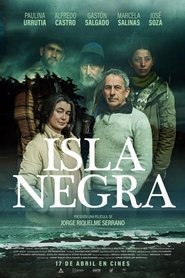 In their comfortable beach house Guillermo...
In their comfortable beach house Guillermo...Black Island 2025
In their comfortable beach house, Guillermo and his assistant Carmen spend the weekend together before starting a real estate project at the Isla Negra resort. Their peaceful weekend is disrupted when a woman, her husband, and her sick father arrive at their home. From the moment this family arrives, the routine becomes increasingly tense, leading to a confrontation that will reveal deep political and social differences between the two conflicting worlds.
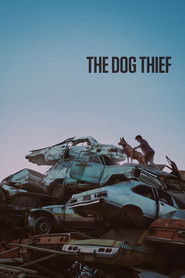 Martn is a 13yearold orphan shoeshine...
Martn is a 13yearold orphan shoeshine...The Dog Thief 2024
Martín is a 13-year-old orphan shoeshine boy from La Paz, Bolivia, who has lived his entire life in the streets with the hope and desire to find his father. Driven by this desire and his imagination, Martin begins to suspect that one of his best clients is his father; Mr Novoa, a lonely tailor whose only emotional bond is his dog, Astor, a fine German shepherd whom he cares for like a son.
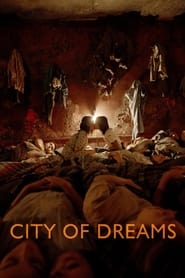 A Mexican teenager whose dreams of...
A Mexican teenager whose dreams of...City of Dreams 2024
A Mexican teenager whose dreams of becoming a soccer star are disrupted when his mother dies. He's smuggled across the border with the promise of a better life but is instead sold to a sweatshop in downtown LA.
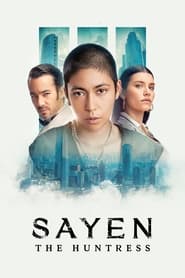 Realizing that she cannot take down...
Realizing that she cannot take down...Sayen: The Huntress 2024
Realizing that she cannot take down Fisk alone, Sayen teams up with an underground resistance group with a plan to expose and end Fisk's unchecked plundering once and for all.
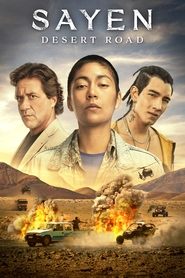 Sayen follows a lead to the...
Sayen follows a lead to the...Sayen: Desert Road 2023
Sayen follows a lead to the picturesque desolation of the Atacama Desert. There, she reluctantly teams up with a young Atacameño girl, Quimal, looking to clear her father’s name and save her town from becoming an arid wasteland due to Acteon’s exploitative water usage.
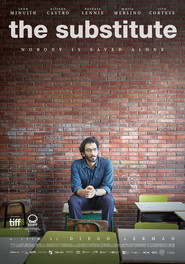 Lucio a prestigious university professor takes...
Lucio a prestigious university professor takes...The Substitute 2022
Lucio, a prestigious university professor, takes the position of substitute teacher at a high school in the suburbs of Buenos Aires, where he grew up. Through tales, novels and poetry, he tries to distract his class from the harsh reality of their everyday lives. But soon, he must step out of his professional duties when Dilan, one of his students, is threatened by a local drug kingpin.
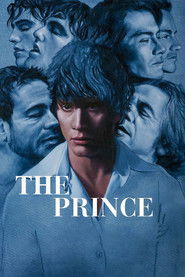 Chile 1970 During a night of heavy...
Chile 1970 During a night of heavy...The Prince 2019
Chile, 1970. During a night of heavy drinking, Jaime, a lonely 20-year-old young man, is sentenced to prison. There, he meets “The Stallion”, an older and respected man in whom he finds protection, and from whom he learns about love and loyalty. But as their relationship grows stronger, “The Stallion” faces the violent power struggles within the prison.
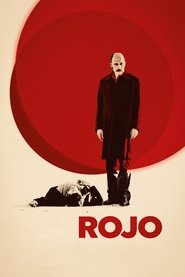 A small town in an Argentinian...
A small town in an Argentinian...Rojo 2018
A small town in an Argentinian province, 1975. The life of Claudio, a successful lawyer, gets complicated when he has a stupid quarrel with a stranger in a crowded restaurant.
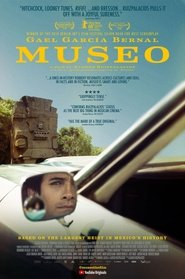 Mexico 1985 Juan and Wilson two perennial...
Mexico 1985 Juan and Wilson two perennial...Museo 2018
Mexico, 1985. Juan and Wilson, two perennial Veterinary students, perpetrate an audacious heist in the National Museum of Anthropology, running away with a loot of more than hundred invaluable pieces of Mayan art, unaware of the consequences of their outrageous act.
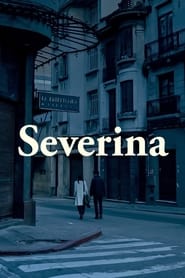 A melancholic aspiring writer and bookseller...
A melancholic aspiring writer and bookseller...Severina 2017
A melancholic, aspiring writer and bookseller is shaken by the appearances and disappearances of his newfound muse who steals books from his bookstore. When he discovers that she also steals from other bookstores, he is consumed with jealousy and starts living in a kind of love delirium, on the border between fiction and reality. The closer he gets to her, the more indescribable she becomes and he begins to wonder why she steals, what are her values and who is the older man she lives with. In the end, what is real and what isn’t? And will he find a place in her life as he moves away from his own?
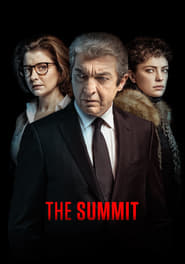 At a summit for Latin American...
At a summit for Latin American...The Summit 2017
At a summit for Latin American presidents in Chile where the region's geopolitical strategies and alliances are in discussion, Argentine president Hernán Blanco endures political and family drama that will force him to face his own demons.
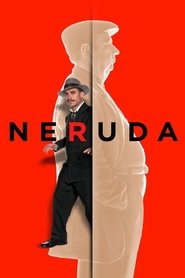 Its 1948 and the Cold War has...
Its 1948 and the Cold War has...Neruda 2016
It’s 1948 and the Cold War has arrived in Chile. In the Congress, prominent Communist Senator and popular poet Pablo Neruda accuses the government of betraying the Party and is stripped of his parliamentary immunity by President González Videla. The Chief of Investigative Police instructs inspector Óscar Peluchonneau to arrest the poet. Neruda tries to escape from the country with his wife, the painter Delia del Carril, but they are forced to go underground.
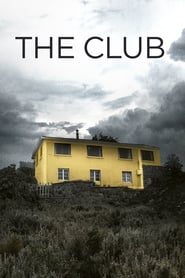 In a secluded house in a...
In a secluded house in a...The Club 2015
In a secluded house in a small seaside town live four unrelated men and the woman who tends to the house and their needs. All former priests, they have been sent to this quiet exile to purge the sins of their pasts, the separation from their communities the worst form of punishment by the Church. They keep to a strict daily schedule devoid of all temptation and spontaneity, each moment a deliberate effort to atone for their wrongdoings.
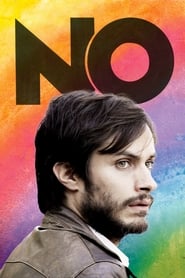 In 1988 Chilean military dictator Augusto Pinochet...
In 1988 Chilean military dictator Augusto Pinochet...No 2012
In 1988, Chilean military dictator Augusto Pinochet, due to international pressure, is forced to call a plebiscite on his presidency. The country will vote ‘Yes’ or ‘No’ to Pinochet extending his rule for another eight years. Opposition leaders for the ‘No’ vote persuade a brash young advertising executive, René Saavedra, to spearhead their campaign. Against all odds, with scant resources and while under scrutiny by the despot’s minions, Saavedra and his team devise an audacious plan to win the election and set Chile free.
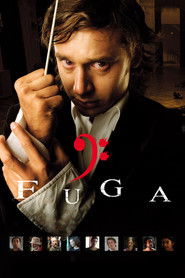 Could a brilliant composers music actually...
Could a brilliant composers music actually...Fuga 2006
Could a brilliant composer's music actually be killing his loved ones? Eliseo can't help but believe it when his younger sister dies tragically and then his pianist Georgina suddenly dies on the piano. Completely traumatized, Eliseo is taken to a mental hospital where he can find escape only through music.
 After receiving the diagnosis of an...
After receiving the diagnosis of an... Chile early 20th century Jos Menndez...
Chile early 20th century Jos Menndez... After living for over two centuries...
After living for over two centuries...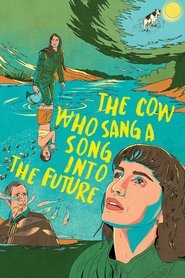 A Chilean family is shaken by...
A Chilean family is shaken by...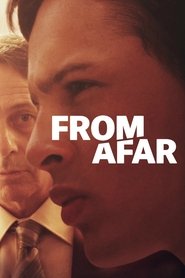 Armando a 50 year man seeks young...
Armando a 50 year man seeks young...